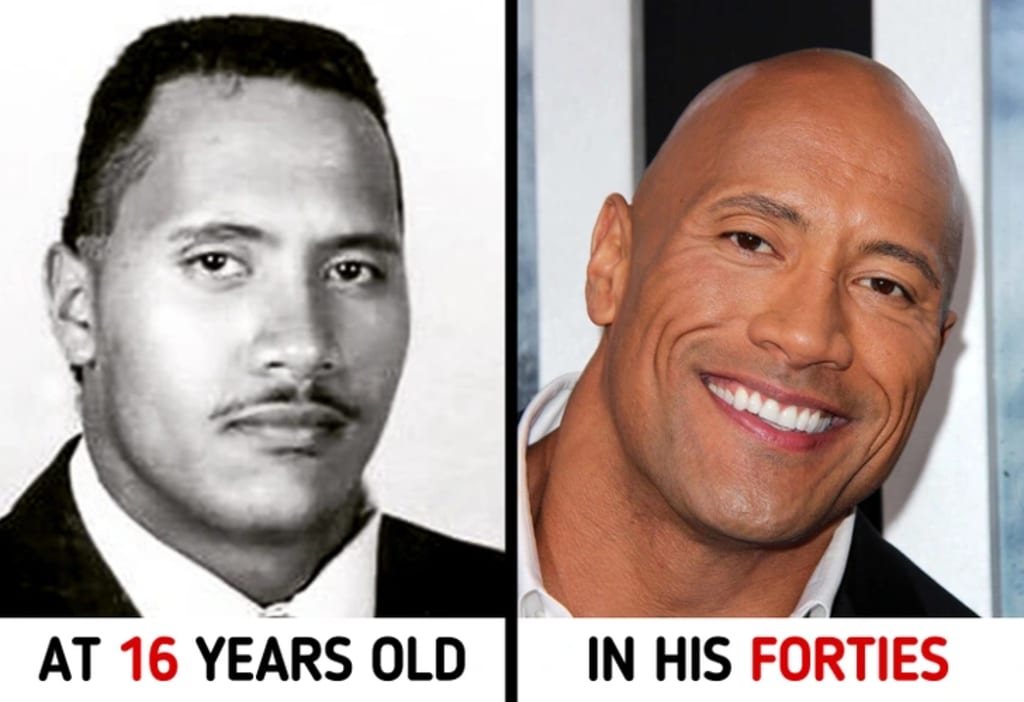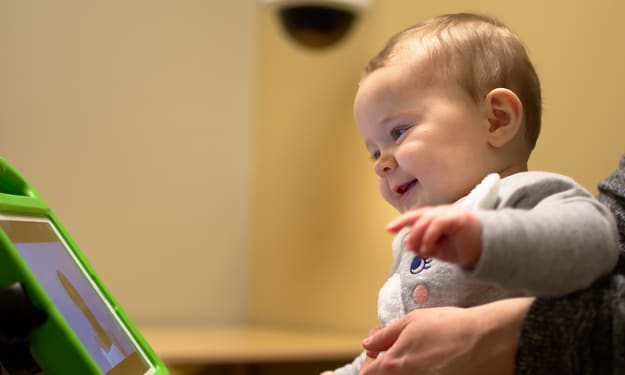Why Did People "Look Older" In The Past?
Is there any basis for the theory?

The question, "Why the hell do these teenagers look like they're worried about mortgages and pensions on their way to their bi-annual prostate exams?" may have crossed your mind if you've ever looked at old photo albums of your family when they were young or watched old TV episodes.
I'm going to shock you here and state that not everyone ages at the same rate, but is there any validity to the claim, even though some of it is undoubtedly due to selection bias? Yes, according to a movie from Vsauce on the subject, but a portion of it is about how particular historical appearances come to be linked with being "old" as the wearers of those looks get older.
As Michael Stevens from Vsauce explains in the video, improvements in living standards, healthcare, and lifestyle choices have all had an impact on ageing rates over time. Of course, in the luckier parts of the world and even in areas where these advancements have been made, there are differences between various groups based on income and class.
Even while it might not come as a surprise that having higher living standards influences how you age (surprise, if you work in an office you will age better than a Victorian chimney sweep who smokes 20 a day), the change is startlingly apparent over the period of just a few decades.
A 2018 study looked at how biological ageing (as measured by indicators like blood pressure and lung function) has altered between 1988 and 2010 in relation to chronological age. More recent generations were shown to be biologically "younger" than those that came before them, indicating that even in this brief period, there were significant variations in ageing.
The team concluded in the study that "over the past 20 years, the biological age of the U.S. population appears to have decreased for males and females across the age range."
The rate of change, however, has not been the same for men and women or by age. Our findings indicated that young males improved more than young females. This finding might help to explain why male early adult mortality has fallen more than female early adult mortality, helping to close the gender mortality gap. Additionally, compared to younger persons, improvements were substantially greater for older adults.
The study focused on lifestyle factors like smoking, which helped explain why the biological age gap between men and women narrowed when men started to quit smoking and women caught up, as well as how medicine use helped people's health.
But they note that a sizable fraction of the declines over time were unaccounted for. Better prenatal and early life conditions as well as a decrease in infectious disease are other hypotheses for the gains in population health that we were unable to evaluate.
People from the past may appear older to us for a variety of reasons, but these considerations by no means account for the entire picture. It would explain why 60-year-olds appeared to be 56, 40-year-olds appeared to be 37.5, and 20-year-olds appeared to be 19.
What else is going on then?
In addition to all the other developments, such as advancements in dental care and sunscreen preserving the skin from ageing, Vsauce claims that one significant aspect is simply our prejudices towards how we perceive older clothes. We retroactively link old fashions with being old, even when looking at pictures of objectively youthful people from 1972 wearing those same fashions. Think of your dad's refusal to stop wearing the same shirt he's worn since 1972.






Comments
There are no comments for this story
Be the first to respond and start the conversation.